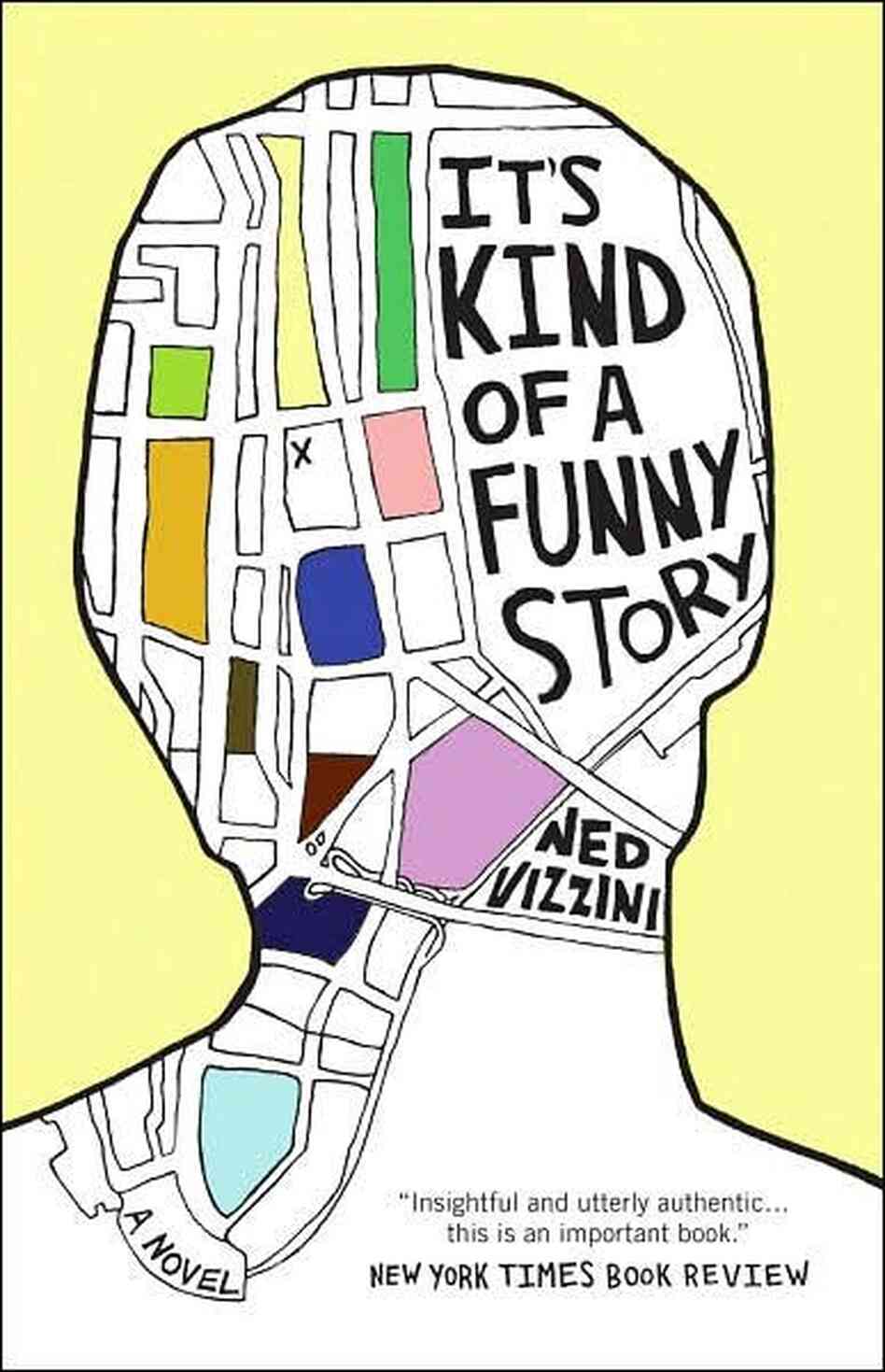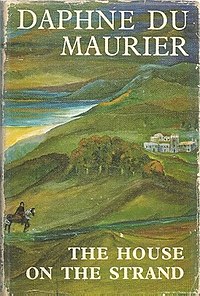Hi everyone. So. Yes. I know. It has been three weeks since Art Tuesday last graced your screens on a Tuesday. (I did post one last week, but it was a day late. And the week before there was none. In fact, the last Art-Tuesday-on-a-Tuesday was this card tutorial.) I'd like to tell you that the reason I didn't post last night was that I was initiating world peace, changing gun legislations - heck, even doing my homework - but in truth I spend yesterday evening watching the Great British Bake-off (do any of you watch it? DO YOU?! :D ) and reading Out of the Easy, which is SO UTTERLY FANTASTIC AND YOU SHOULD READ IT AND BETWEEN SHADES OF GREY AND OH MY GOODNESS ALL THE CAP LOCKS IN THE WORLD CANNOT EXPRESS THIS BOOK.
But anyway.
The plan was to whip out an eloquent and charmingly crafted apology and then give you a beautiful Art Tuesday post ... but my camera's acting up.
IT'S TRUE HONEST THIS IS NOT A CASE OF THE DOG ATE MY HOMEWORK.
... So, the point is, no art for you lot. I know, boohoo, it's very sad. But although the void it leaves is, some may say, unfillable, I have got two book reviews to, uh, fill it with. One of these books was pretty darned good - and the other was absolutely AMAZING.
But anyway.
The plan was to whip out an eloquent and charmingly crafted apology and then give you a beautiful Art Tuesday post ... but my camera's acting up.
IT'S TRUE HONEST THIS IS NOT A CASE OF THE DOG ATE MY HOMEWORK.
... So, the point is, no art for you lot. I know, boohoo, it's very sad. But although the void it leaves is, some may say, unfillable, I have got two book reviews to, uh, fill it with. One of these books was pretty darned good - and the other was absolutely AMAZING.
It's Kind of a Funny Story by Ned Vizzini

Craig Gilner thinks he's got it all worked out. When he was very young he wanted to be a mapmaker, but he's set those childish dreams aside and is now focussed on what matters - getting into Manhattan Executive Pre-Professional High School where he can work his way to the perfect grades, then the perfect Ivy League school, and then the perfect well-paid job - and hopefully finding the perfect girl along the way. But the pressure gets too much for him; his schoolwork slips and he is afflicted by what he calls the Tentacles - the parts of his life that are always reaching to try and upseat him. He starts taking the drugs that his best friend Aaron is always offering him and it gets to the point where he often can't eat or sleep - instead he just wastes time thinking about the Tentacles in a futile thought process he calls the Cycling, and slowly his life spirals out of control - until one night he almost commits suicide. He is admitted to a psychiatric ward full of others with mental illnesses - some like his own, some very, very different - and there he meets some truly extraordinary people with truly extraordinary stories. Gradually Craig is able to confront the things that worry and frighten him and he finds his way onto the path out of depression ... but how he gets there is, well, kind of a funny story.
Rating: 8/10
The House on the Strand by Daphne du Maurier
The first thing I noticed was the clarity of the air, and then the sharp green colour of the land. There was no softness anywhere. The distant hills did not blend into the sky but stood out like rocks, so close that I could almost touch them, their proximity giving me that shock of surprise and wonder which a child feels looking for the first time through a telescope. Nearer to me, too, each object had the same hard quality, the very grass turning to single blades, springing from a younger, harsher soil than the soil I knew.
Richard Young is staying - gratis - in Kilmarth, the Cornwall country house of his university friend Professor Magnus Lane. He has a week of happy solitude before his wife Vita and his stepsons arrive from New York - but there is one condition. Magnus, who is a professor of biophysics in London, has developed a drug that keys into the brain's ancestral roots and allows the user to experience time-travel - and he wants Richard to test it out for him. Convinced that the drug cannot work, or that it is merely hallucinogenic, Richard takes it - and is plunged back six centuries, to a Cornwall very different from the one he knows. He finds there a sort of alter-ego, a man named Roger who is a steward to one of the highest-up men in the village, and on the 'trips' he takes he is able to view events through him. Unseen, unacknowledged, he finds himself immersed in fourteenth-century Tywardreath, his interest piqued by the people he sees there: Roger's master, Henry Champernoune, and his adulterous wife Joanna; the monks of the Priory, and the Prior himself; the disreputable Otto Bodrugan, who is mistrusted by many for his position in the recent civil war; the cruel Oliver Carminowe; and his beautiful, fiery wife Isolda. Soon the lives of these long-dead people are more real to Richard than his own - he finds himself compelled to take trips, and he is dreading his wife's arrival because he doesn't want to share his knowledge with her - especially since she harbours a dislike for the flamboyant, unthinking Magnus. In his 'other world' events reach fever pitch as they spiral out of control in his own, and so the story reaches a thrilling climax ...
This novel .... my goodness. I think that it is widely accepted that Daphne du Maurier is a genius (any of you who have read Rebecca will know this to be true), and ... well. She is a genius.
...
DISCLAIMER: this review probably won't make much sense. I'm too ... gushy.
So basically, The House on the Strand was utterly fantastic. The premise = brilliant. It's no secret that I am a BIG fan of historical fiction, which this is in part - and time travel? Count me in! The characters are also great - Dick was a relatable, believable narrator, and the characters of Magnus and Vita (and his relationships with them) were very interesting and well-developed. Likewise the cast of characters from the fourteenth century were very real and exciting - and I loved the intrigue of their stories and their criss-crossing relationships. At first I was a little bit confused with all the names - remembering who was married to who, who was having an affair with who, who had which children, who was whose cousin - but I soon got my head around it, and my copy had a helpful family tree at the back which made things easier. Overall this was a faultless, brilliant novel with great characters and a super plot, and I suggest that you get off the internet RIGHT NOW and read it.
That is all.
Rating: 9.5/10 (not gonna lie here).
Bye til Saturday (if I manage to write and schedule that post, which let's face it I'm not super at), and sorry again for my failures on the Art Tuesday front! There may be one next week, but no promises because my weekend is being snatched away by the looming form of a canoe at the merciless hands of Duke of Edinburgh. If you don't know what I'm talking about, COUNT YOURSELF LUCKY.
Love you,



No comments:
Post a Comment
Thanks for commenting! :)